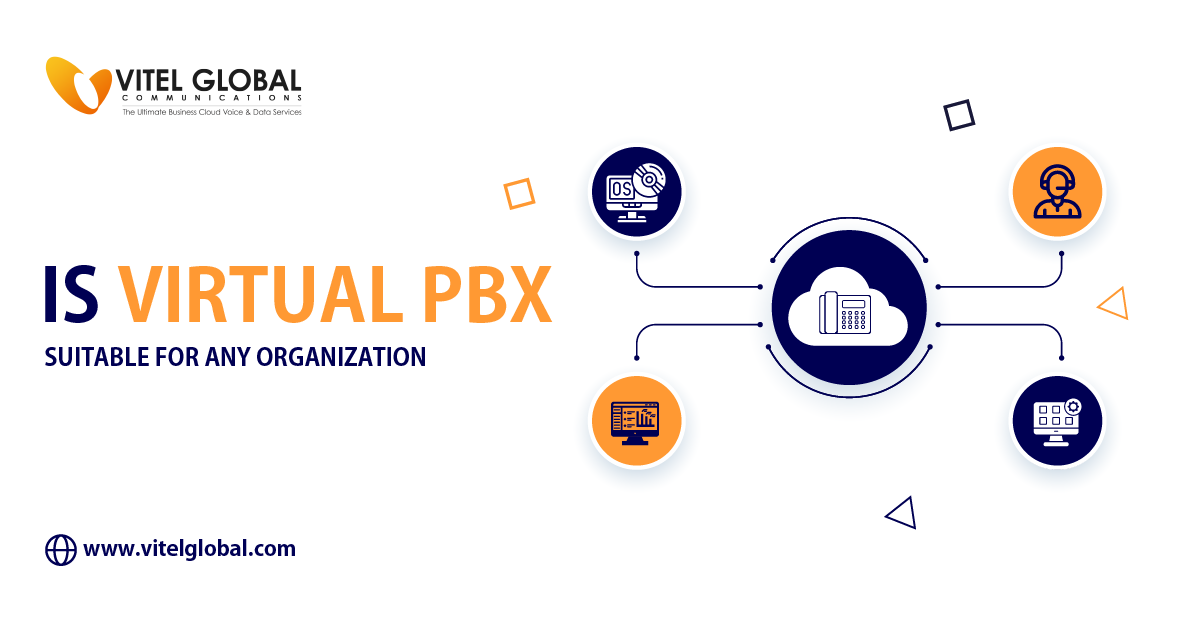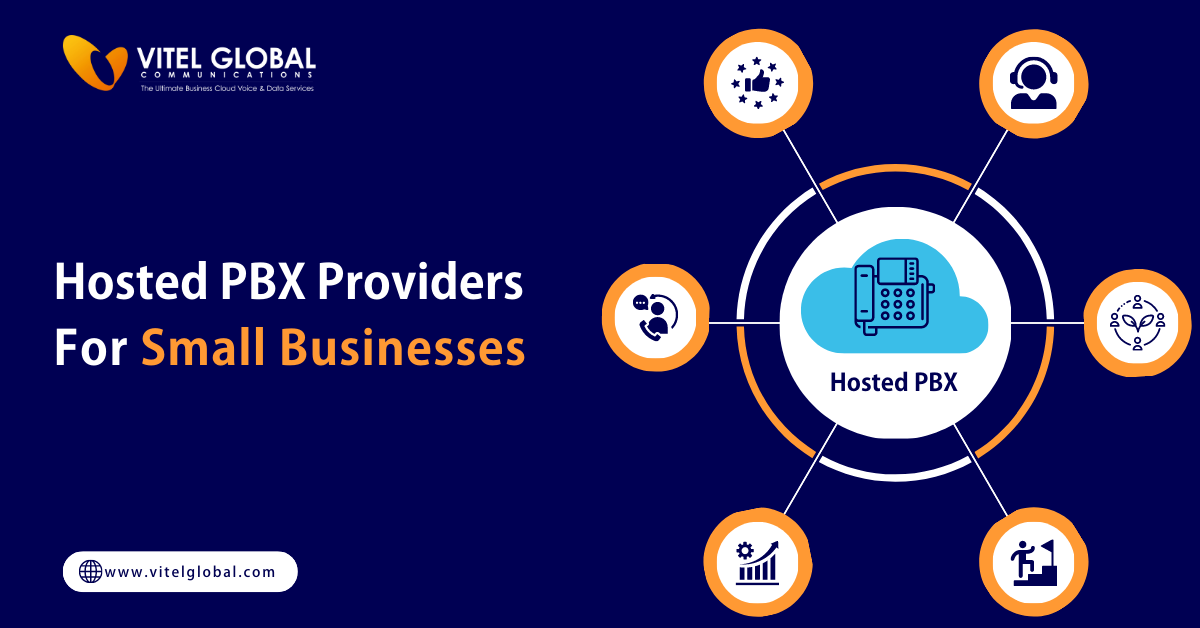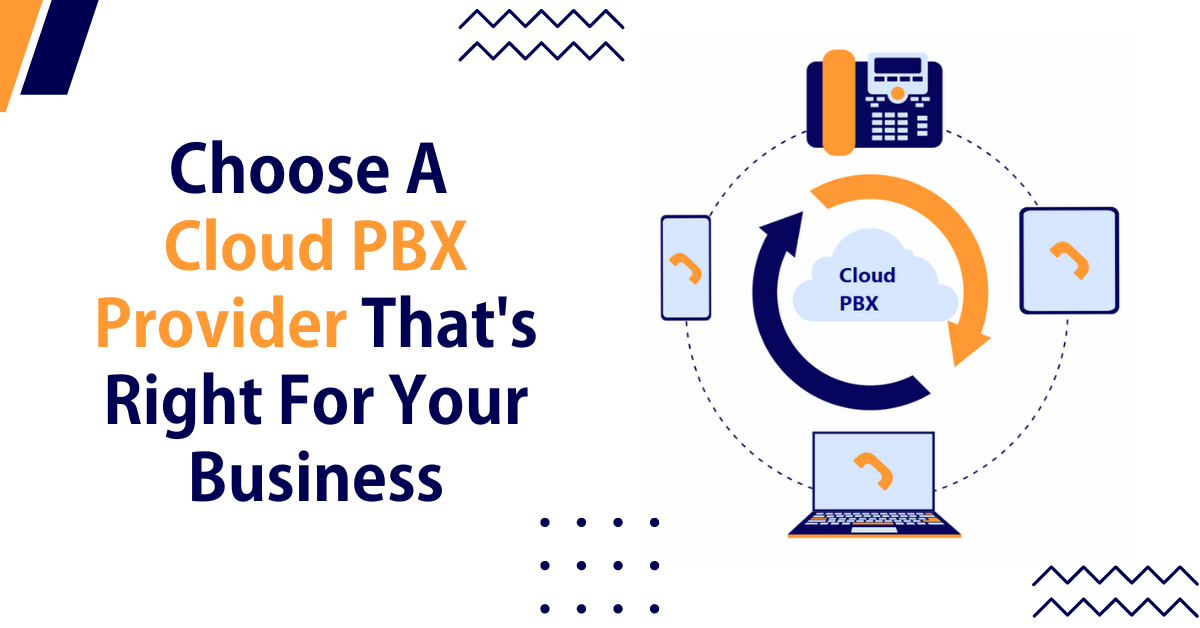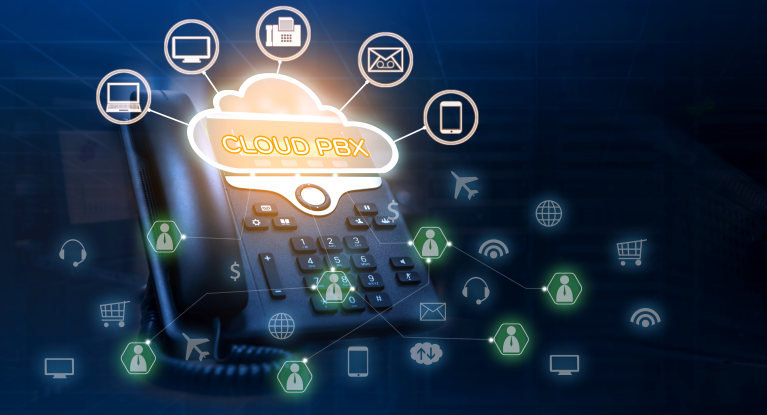Is Virtual PBX Suitable For Any Organization?

4 min read
Private Branch Exchange refers to as PBX. Instead of being on-premises and manually operated, a standard PBX replaces by a virtual one hosted in the cloud. A web application, the proper call center software, and an Internet connection are all used in the network architecture. Any PC, laptop, or mobile device can use a web app to access Cloud PBX Solutions.
Additionally, Internet connectivity guarantees these phone systems have fewer downtimes and connectivity problems than on-premises systems, which are notorious for these problems.
How Does The Virtual PBX Operate?
With the aid of the Internet, a virtual PBX operates. To send voice signals, it makes use of a business phone service. The server is housed in the cloud instead of conventional PBX systems with on-premise servers. The entire telephony data, including contact information, call flows, call notes, call routing, and many more, is kept on this cloud server.
When a call is placed using a virtual PBX, voice data is sent over the Internet to the recipient’s location. It connects the call to the desk phone if the recipient has a traditional PSTN phone through a process known as SIP trunk service. If not, it would link to the user’s laptop, PC, cell phone, or a cloud-based business phone set up to accept calls.
The Two Main PBX Configurations
A closed-off internal network of phones makes up the bulk of the on-site IP PBX configuration. Employees can place, take, and transfer calls both within and externally. The hardware is situated on the business’s property. An IP PBX configuration can make calls over traditional phone lines and the Internet. Calls can be placed over the Internet with the help of a business phone service.
It performs the same services as an on-site PBX, without any requirement for the hardware within the company building; all calls will work online instead. On a cloud, a provider hosts the PBX. No on-site gear, such as wires or servers, requires for this. Unless it already has them, the only hardware a company would need is cloud phone business-capable phones. Business phone service-enabled handsets users can place, receive, and transfer calls inside and outside the firm online.
Benefits of a cloud-hosted PBX include Significant cost savings, time savings, the opportunity to keep your current phone system, flexibility, advanced capabilities, high-quality voice calls, scalability, increased redundancy, and disaster recovery.
Monitoring in real-time and report analysis; Additionally, since it’s simpler to administer and has unique features that you can employ, here are a few of those characteristics as an example:
- Off-Site Hosting: Since your supplier manages and operates your phone system, the data centers are elsewhere. Regular hardware maintenance is no longer necessary as a result.
- IP phones: The entire cloud-based PBX system is Ethernet-based. Your company can use VoIP and mobile phones anywhere with an Internet connection.
- Simple management: Experience seamless control as all essential features of cloud-based PBX solutions are consolidated into a user-friendly online dashboard. You can manage phone configurations, assign permissions, and route directly from your browser.
- Flexibility: Whether at the office or away on business, your clients and team can reach you whenever thanks to cloud PBX.
- No Extra Charges: The ideas presented in this post are entirely based on a plan-based model. You have to pay only for the features you use; nothing more, nothing less.
Unlock the ultimate synergy by embracing digital transformation, allowing you to seamlessly integrate your preferred Cloud PBX technology with your preferred customer relationship management solutions.
Types of PBX
- Traditional PBX & IP PBX
- Hosted PBX
Traditional PBX
Traditional PBX requires substantial IT resources to administer and maintain actual office space. As a result, it’s not an excellent choice for small organizations, although some larger enterprises that made PBX investments in the past still use this antiquated technology.
The telephone company provides a basic PBX as part of your phone service, but your PBX hardware controls those lines. It accepts incoming calls and directs them to specific extensions, allows team members lines for outgoing calls, and supports internal calls among desk phones.
IP PBX
You can place and receive calls online thanks to an IP PBX (Internet Protocol Private Branch Exchange). Although you no longer have telephone service, you still have PBX gear.
Business phone services have gained popularity as a PBX substitute since they are less expensive than big bundles of phone lines and liberate customers from their desk phones. You may add communication channels like SMS, video conferencing, and instant messaging with a business phone service that works from any internet-connected device. In addition, it offers increasingly sophisticated capabilities, including CRM interfaces, call center analytics, and call recording.
Using SIP (session initiation protocol) Trunking, IP PBX enables you to mix VoIP and PBX systems if you currently have a PBX system and desire its advantages. Your corporate phone system connects to the Internet using SIP trunks instead of traditional phone lines.
Hosted PBX
Although hosted PBX solutions still need hardware, it is not your responsibility. You don’t need to allocate a closet or IT resources to telephony because your service provider develops and maintains the hardware. Instead, you control your phone network in the cloud through a web interface.
Your team can use any internet-connected device, such as a web browser, mobile app, or desk “softphone,” to access hosted PBX, much like other cloud services, from any location.
Does Your Business Need a PBX Phone System?
That depends on your line of work. While most businesses were moving their communications to the cloud. There was a massive demand for hosted PBX systems and corporate phone service.
According to telecom analysts, the market for business phone solutions will increase from $85.2 billion in 2021 to $102.5 billion in 2026, with 31% of companies using them as of 2021. In the future the hosted IP PBX systems market projects to expand by 20% globally.
Both systems have advantages and disadvantages, making them more suited for particular enterprises. Which choice is optimal for your company relies on the following:
- The network you are using
- How much business growth do you hope to achieve?
- How frequently do members of your staff work from home?
- Current configuration
- Which skills are necessary to help your workers across departments?
Are you in confusion to choose a business phone system? Contact our agent for further information if you still need clarification.
Simplify Your Communications
Learn How This Cloud-Based Solution Can Help You Streamline Your Communications and Improve Customer Experience
Published: June 16th, 2023
Subscribe to Our Latest Updates
Get monthly product and feature updates, the latest industry news, and more!



